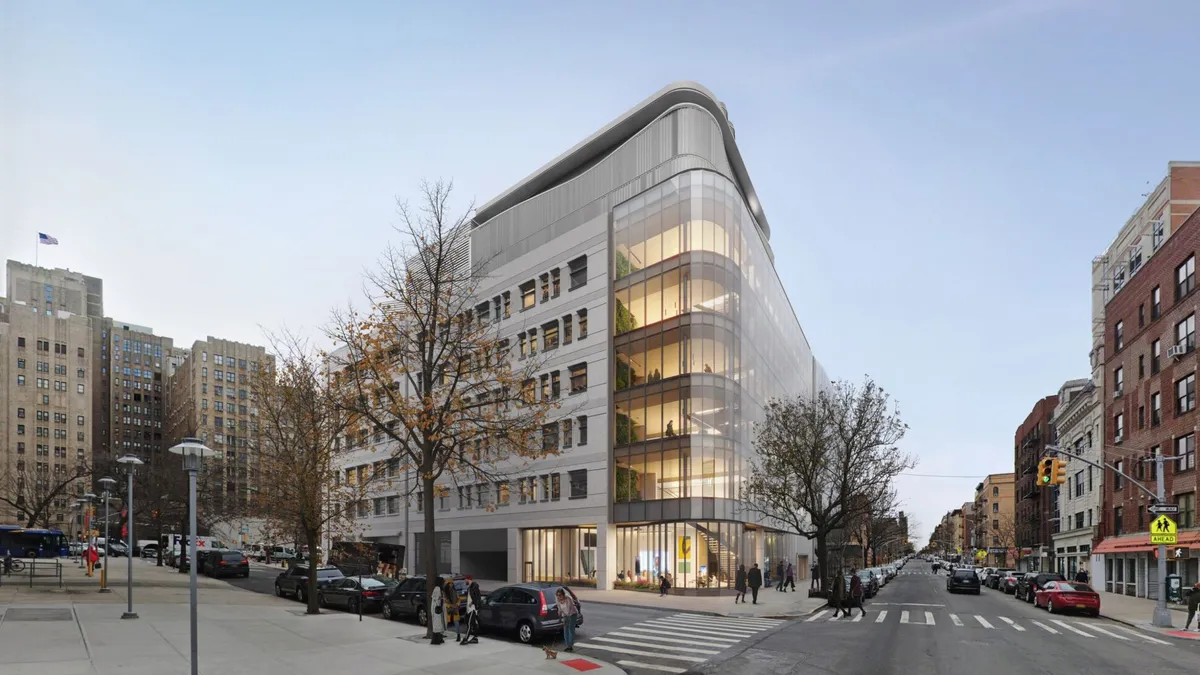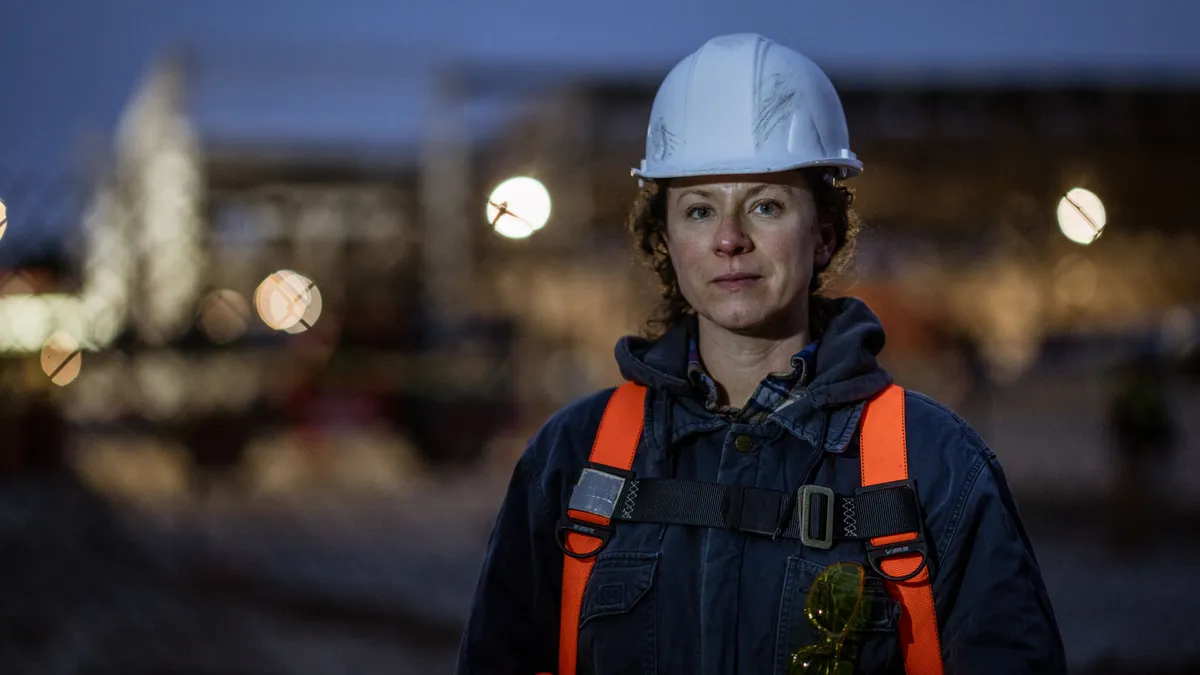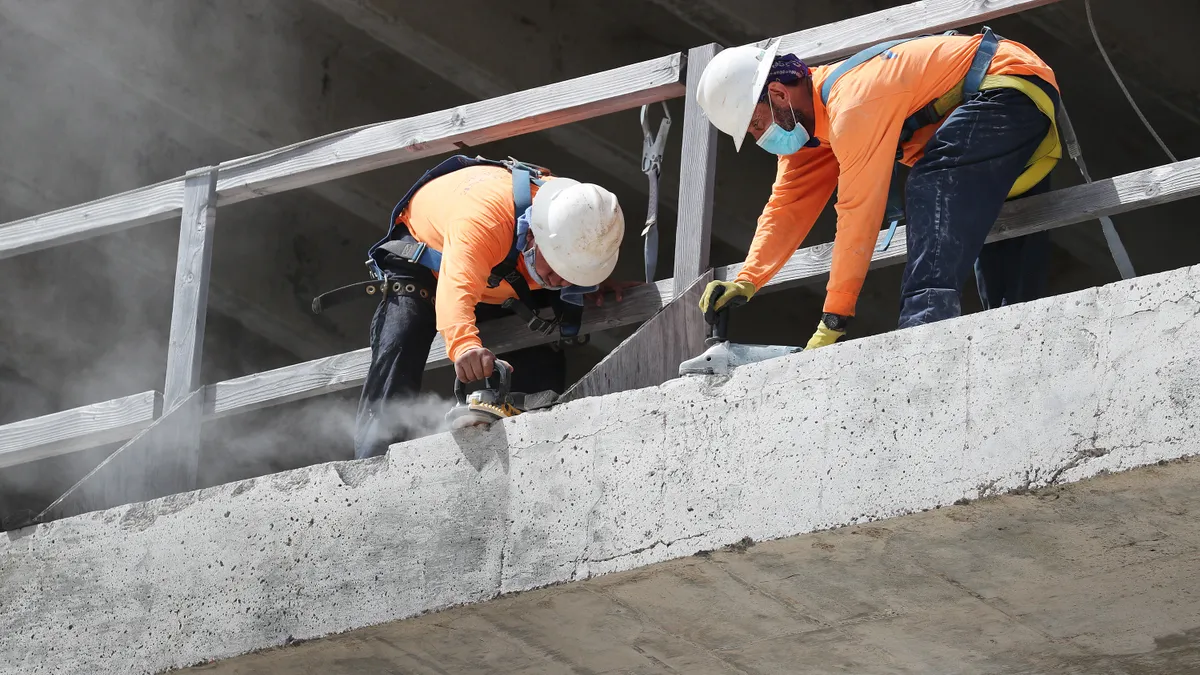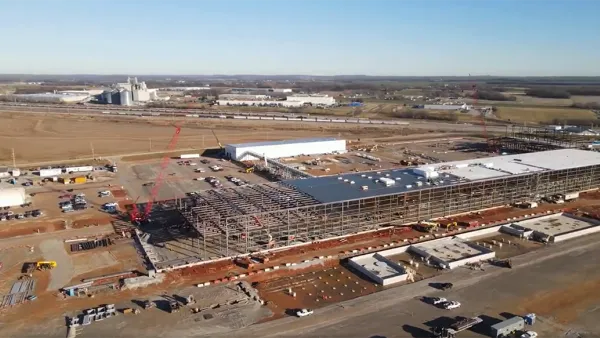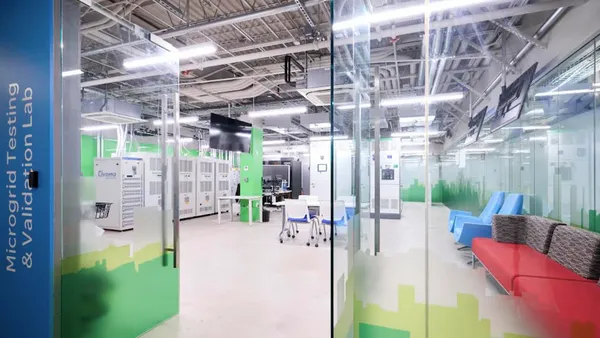Dive Brief:
- Kohn Pederson Fox has unveiled plans for New York City’s first all-electric academic research lab building for Columbia University’s Vagelos College of Physicians and Surgeons.
- The eight-story biomedical building will use electric air-source heat pumps that allow for energy recovery between heating and cooling fluids, according to a news release Wednesday. This exchange will “provide periods of free tempering during the year,” KPF said, enabling operators to moderate temperature without additional energy use.
- This building is expected to outperform emission limits set by New York City’s Local Law 97 and perform 30% more efficiently than the ASHRAE 90.1-2010 standard.
Dive Insight:
The building’s all-electric design and energy efficiency supports the ivy-league university’s goals of refraining from new fossil fuel infrastructure in its campus buildings by 2030 and reaching campus-wide net-zero greenhouse gas emissions by 2050, KPF said.
The academic research building will also provide exterior shading and a system of blinds to minimize solar heat and glare, per the release. Aside from exterior shading, the design will feature green walls and natural, renewable materials in collaborative spaces, while a large connecting stair would encourage active circulation, KPF said. Daylight access will be prioritized through light shelves that can minimize glare and reflect natural light into the labs.
“As New York State works toward decarbonizing its electricity grid through investments in renewable energy spurred by legislation such as the New York State Climate Act and Clean Energy Standard, it’s vital that buildings in our city get ready for this transition,” Carlos Cerezo Davila, director and head of sustainability at KPF, said in the release.
To address the challenges associated with creating an all-electric research laboratory in New York City, KPF was required to develop an integrated design process that took greater ventilation requirements into consideration, the release said. This need for ventilation requires more robust mechanical systems, which typically result in increased energy use.
Closely collaborating with project engineer AKF and sustainability consultant Atelier Ten, the team implemented a comprehensive pre-design and sustainability analysis, KPF said. This project scope included a review of existing facilities, comprehensive energy modeling, benchmarking against local regulations and peer institutions to set sustainability criteria that would shape subsequent construction and design phases, per the release.
“AKF and KPF collaborated efforts to develop a facade strategy without overburdening the HVAC systems," Jason Sylvain, AKF’s partner in charge of the project, said in the release. “Our team developed innovative engineering strategies to take full advantage of heat pump and energy recovery technologies to make sure every kilowatt introduced to the building is used to its fullest potential.”
Partially funded by the Regional Economic Development Council Grant from the New York State Energy Research and Development Authority, the building, which will house biomedical research and lab facilities as well as a symposium and community engagement spaces, will connect the Columbia University School of Nursing and Russ Berrie Medical Science Pavilion to create a unified, academic and research facility, KPF said.



